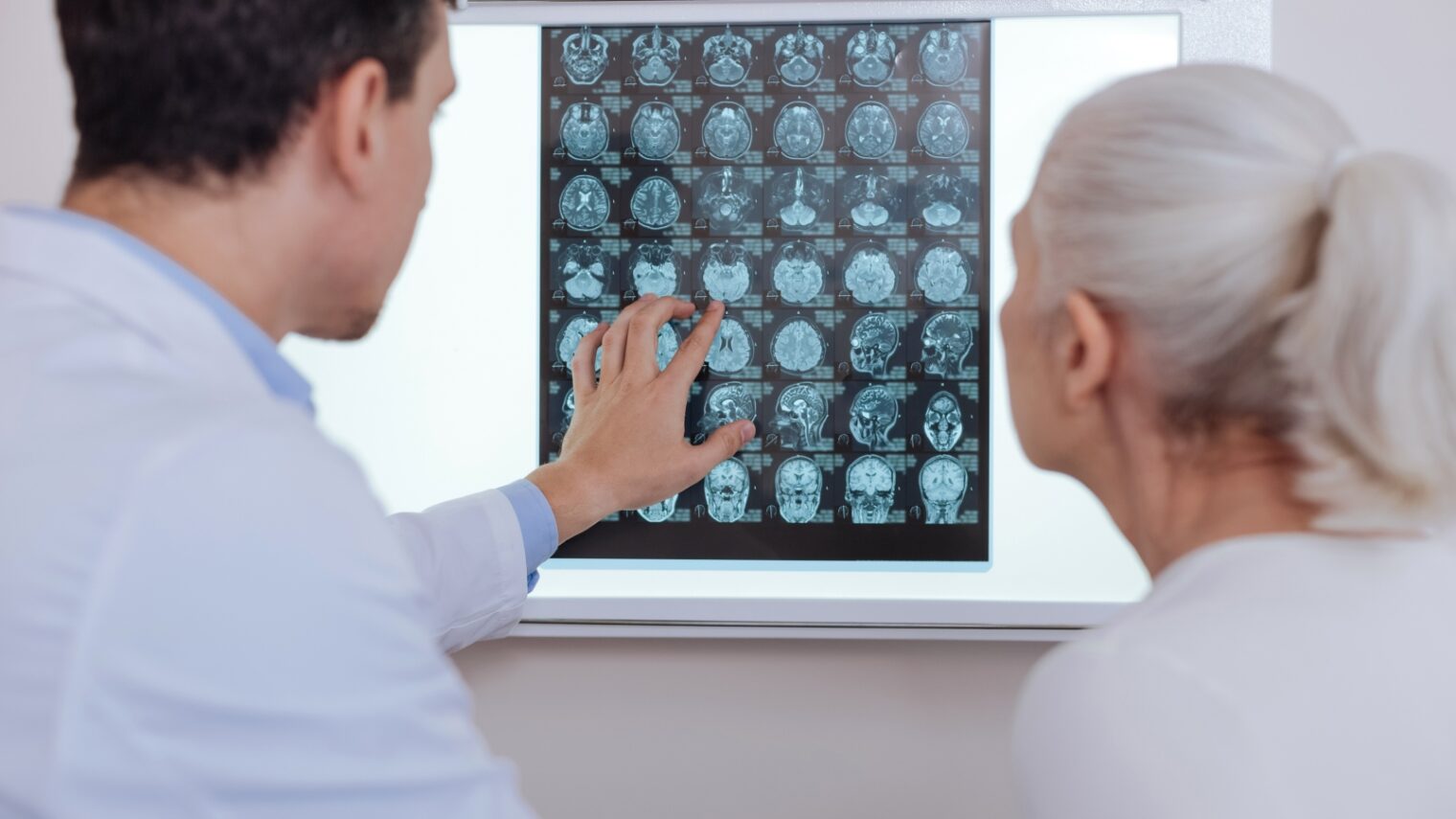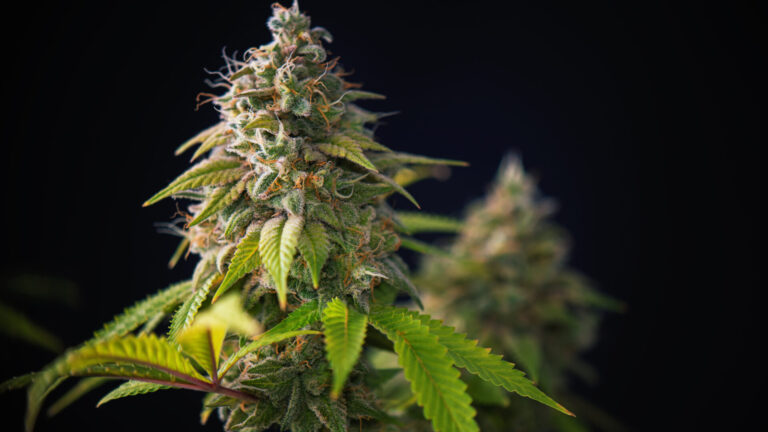As our brain ages, our cognitive abilities naturally decrease and it becomes more difficult to learn new things or devote attention to several things at the same time.
Researchers have long been looking for ways to slow down or even reverse this process.
Scientists at the University of Bonn in Germany and the Hebrew University of Jerusalem report in Nature Medicine that they have now achieved this goal in mice by administering a small quantity of THC, the active ingredient in the hemp plant (cannabis).
Mice have a short lifespan and begin displaying pronounced cognitive deficits even at one year old. So the researchers gave doses of THC to lab mice at the ages of 12 and 18 months over a period of four weeks.
A low dose was chosen to avoid any intoxicating effect in the mice.
After the regimen of treatment, the scientists tested learning capacity and memory performance in the animals – including, for instance, orientation skills and their ability to recognize other mice.
Mice that were given only a placebo displayed natural age-dependent learning and memory losses. In contrast, the cognitive functions of the animals treated with cannabis were just as good as the functions of two-month-old mice used as a control group.
“The treatment completely reversed the loss of performance in the old animals,” reported Prof. Andreas Zimmer from the Institute of Molecular Psychiatry at the University of Bonn and a member of the Cluster of Excellence ImmunoSensation.
Cannabanoid receptors in the brain
This groundbreaking study was carried out following years of meticulous research, according to the scientists involved.
First, the researchers discovered that the brain ages much faster when mice do not possess any functional receptors for THC. These cannabinoid 1 (CB1) receptors are proteins that act as docking stations for cannabinoids like THC from substances such as hashish or marijuana.
THC imitates the effect of cannabinoids that are produced naturally in the body and fulfil important functions in the brain.
“With increasing age, the quantity of the cannabinoids naturally formed in the brain reduces,” said Zimmer. “When the activity of the cannabinoid system declines, we find rapid aging in the brain.”
The study suggests that “restoration of CB1 signaling in old individuals could be an effective strategy to treat age-related cognitive impairments.”
To discover the precise effect of THC treatment in older mice, researchers at the Hebrew University of Jerusalem, led by Dr. Mona Dvir-Ginzberg and the late Prof. Itai Bab, examined the epigenetic changes in the mice’s brains after sustained low dosages of THC.
“The THC treatment induced molecular and epigenetic changes, which no longer corresponded to that of untreated old animals, but rather were similar to what we see in young animals,” said Dvir-Ginzberg, who works at the university’s Institute of Dental Sciences.
Amazingly, the THC treatment caused the number of links between nerve cells in the mice’s brains to increase to younger levels. Such links are essential to the brain’s ability to learn.
“It looked as though the THC treatment turned back the molecular clock,” says Zimmer.
Cannabis products are already used widely for medical indications including pain relief. As a next step, the researchers involved in the mice study hope to conduct a clinical trial to investigate whether THC also reverses aging processes in the brain in humans and can increase cognitive ability.
















